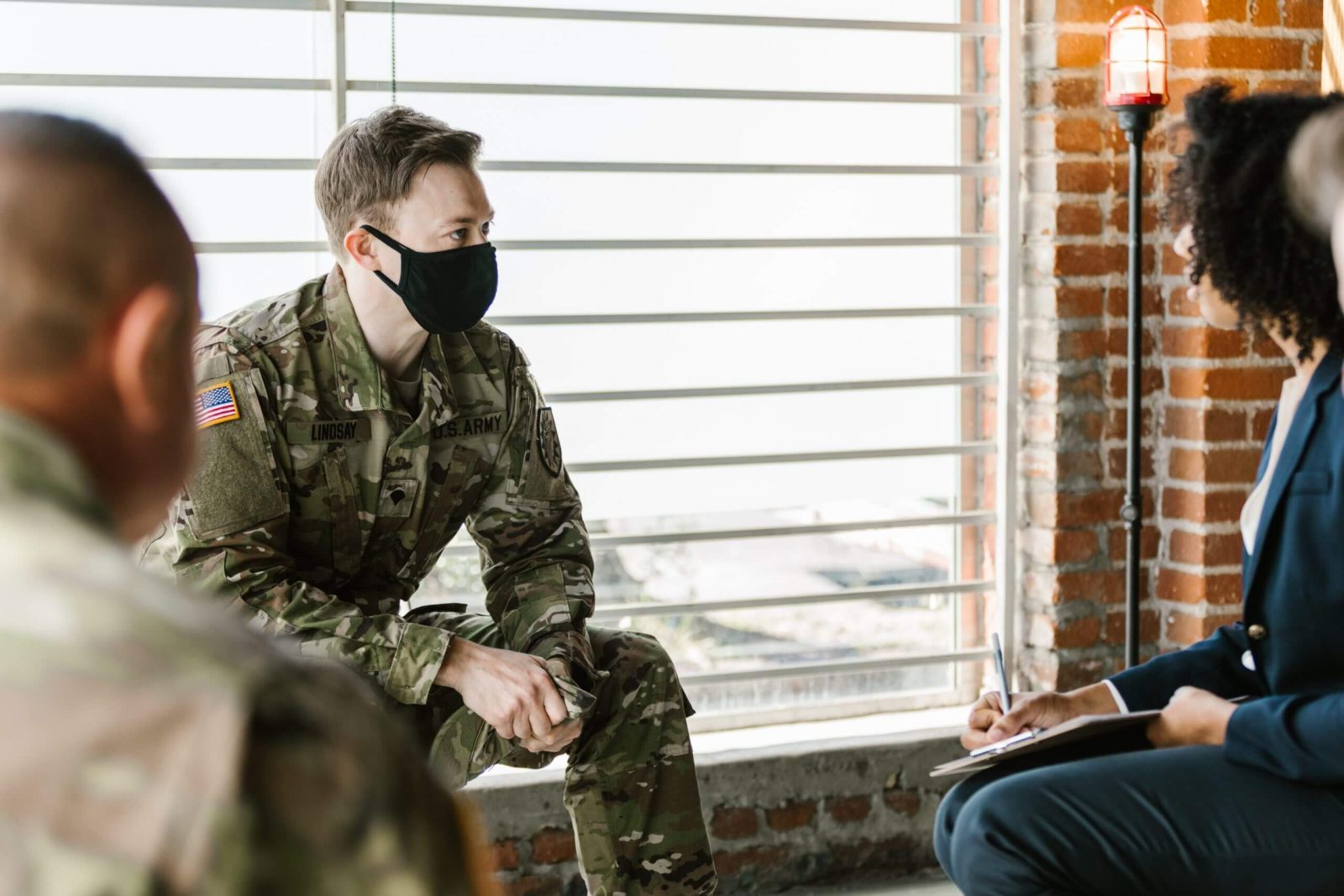Post-traumatic stress disorder or PTSD can make life difficult for those who experience it. Not only does it affect physical health, but it can also disrupt social relationships and lead to more serious conditions such as depression, anxiety, and addiction.
In this blog, let’s find out more about PTSD and the ways on how to deal with it.
What causes post-traumatic stress disorder?
PTSD is unique due to the fact that it isn’t triggered by a virus or biological changes. It is basically a product of traumatic events.
We may not know it, but we are vulnerable to situations that leave an emotional scar. Whether it’s getting fired from a job or witnessing the death of a loved one, memories of these scenarios may recur in the form of sudden flashbacks and nightmares.
According to Iribarren et al. (2005), the term itself first appeared following the Vietnam War. But the earliest observations of PTSD were first recorded during the American Civil War when it was referred to as “Da Costa’s Syndrome.”
Since then, psychiatric professionals continue to examine PTSD’s effects on people who experience war, loss, abuse, family problems, and other traumatic situations. The problem becomes even more difficult if a patient develops depression, substance abuse, and suicidal tendencies.
With all that being said, individuals who experience PTSD need serious attention at the earliest possible time.
If you or someone else is suffering from PTSD, here are the ways that will you in coping with this condition:
Living with PTSD: 4 Things to Keep in Mind
1. Talk to a loved one
You may have heard this time and again from different psychiatric professionals, but there really is no replacing the need for comfort. It pays to know that you have friends and family members who wouldn’t hesitate to listen and provide comfort. So, if you are having a hard time, try reaching out to the very people you can trust. That way, you can lessen the emotional baggage you are carrying.
2. Keep your mind and body busy
Physical and mental exercises can help decrease the risk of severe PTSD. A study suggests prescribing aerobic exercise to PTSD patients. On the other hand, art therapy can also be effective in helping patients express and process their repressed emotions.
3. Get a support dog
According to a Military Times article, veterans who have support dogs were found to have a higher life satisfaction rating than those who don’t. Referencing a study from Purdue University, the article says that supports dogs help a lot in reducing the onset of depression and severe PTSD symptoms. Whether or not you are a dog person, there is still no doubting how these animals can help you move forward in life!
4. Get professional help
Still, the most important part of treating PTSD is through expert intervention. If you or someone you know is a veteran, you can call the Department of Veterans Affairs National Center for PTSD hotline. In addition, you can also find a mental health clinic near you that specializes in treating PTSD. That way, you will have access to treatment options that fit your situation.
PTSD is a serious condition that can affect anyone in the long term. At Mid Cities Psychiatry, we strive to help PTSD patients live a fuller life and overcome the challenges brought to them by their traumatic pasts. Call us today so we can help you chart a way forward.

